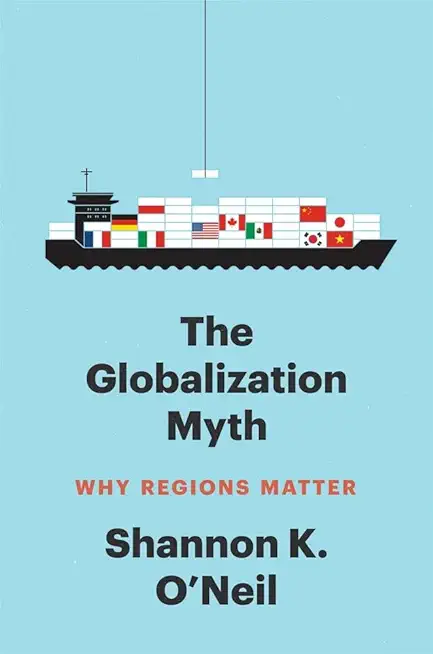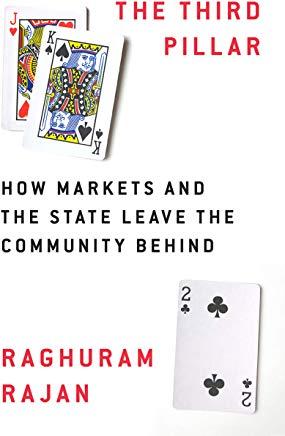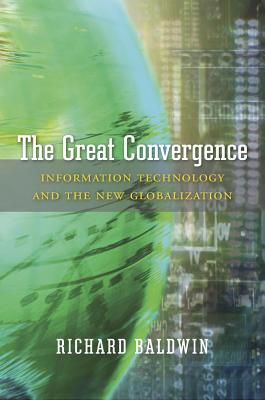
Larsson, Mats
The Covid-19 pandemic is not the last surprise that awaits present generations. In 2020 people across the globe have realized that governments have failed to prepare for important challenges, even highly probable ones predicted by experts for decades. Greta Thunberg has scolded world leaders for not doing more to stop global warming. Greta and other experts seem to believe that there are plans for the transformation to sustainability waiting in the drawers of heads of state to become implemented, but there are no such plans. Sustainability experts have focused on climate change -- nobody has developed the large-scale solutions that Greta asks for. Instead, politicians, business leaders, and sustainability experts have assumed that market forces will drive the transformation to e-mobility, the circular economy, and a sustainable society. In fact, very little has been done to develop the large-scale systems that are needed to replace the present production and distribution systems of the global economy. There are 6 million electric cars, 0.5 per cent of global car fleets. At the present rate it would take 500 years to replace existing car fleets and there is no solution for long-distance transportation ready to be implemented. In the case of resource efficient production and distribution systems, countries have made even less progress.
Very large investments will be necessary to build sustainable and resilient societies. Covid-19 shows that conscious measures, driven by governments, are needed to prepare for large-scale challenges. The transformation to sustainability involves large investments and management of large-scale transformation programmes, reminiscent of the largest development programmes ever performed by mankind. Few decision makers are aware of the measures that need to be taken to make the global economy sustainable and resilient. Countries need to prepare for a challenging future. Can globalization continue or do countries need to build an entirely new type of economy?







